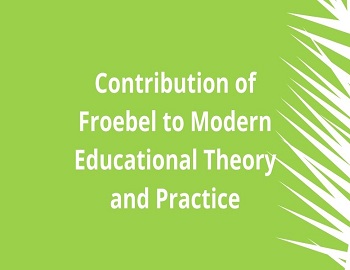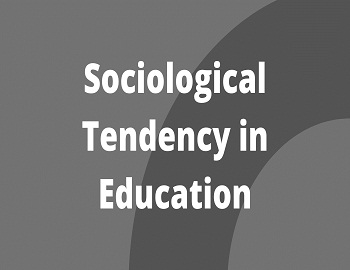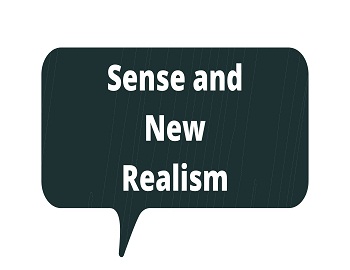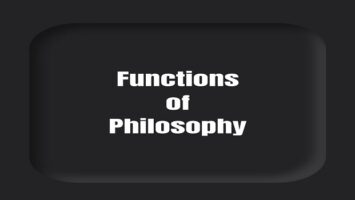Contribution of Froebel to Modern Educational Theory and Practice:
Froebel’s contribution to modern educational theory and practice may be summed up as follows-
Nursery Education and Kindergarten- Froebel attached great importance to the education of children in their earlier years. He advocated that education of the earlier childhood is more important than that of the later stages as it lays the foundation of the harmonious development of the child. In his words, “All school education was yet without a proper initial foundation and that until the education of the nursery was reformed, nothing solid and worthy could be attained”. He gave us a new type of school, Kindergarten, where children work and play in an atmosphere of joy and freedom. Kindergarten pioneered nursery education.
Child-centred Education- Modern education lays stress on child-centred education. Children are treated as children and not as adults. Froebel emphasized the importance of the child’s development in his early life and the necessity of the study of the child’s nature, his instincts and impulse etc. and thus based education on psychological principles. Thus, he made education child-centred.
Play way in education- Froebel is regarded as the apostle of play way in education. He emphasized that various subjects should be taught through play because it is in consonance with the psychological development of the child. Play is the highest phase of self-development. Even today, play is given an important place in the education of children.
Learning by Doing- The principle of learning by doing is implicit in Froebel’s scheme. Froebel’s songs, movements, dramatisation and handwork etc. encourage learning by doing. He made the principle of learning one of the most important bases of education.
Emphasis on Nature Study in Curriculum- Froebel was a worshipper of nature study. He desired that the child should have moral improvement, religious uplift and spiritual insight by coming into contact with nature. Hence he recommended the study of nature as a living expression of divine life. Nature study is one of the most important subjects in modern education.
Importance of Manual Work- Froebel attached importance to manual work and hence dignity of labour. In “The Education of Man” Froebel remarked, “Manual work is a necessary condition for the realization of the child’s personality. Through it he comes to realize himself”. It is the most concrete medium for the expression of ideas and thus an instrument for development and a definite process in the shaping of character. This principle of manual work has been embodied in the Basic Scheme of Education as propounded by Gandhi.
Women in the Teaching Profession- Froebel suggested employing women-teachers for tender children in Kindergarten, as they are more affectionate to children than men-teachers. The modern trend of entrusting the nursery and primary education of children to women-teachers is due to the influence of Froebel.
Sociological aspect of Education- Sometimes, Froebel is regarded as the father of the sociological trend in education. He asserted that real education can take place in the company of others because the life of an individual is an integral part of society. Hence from the beginning children should be trained to lead a group life and to live well in society. Primary virtues like joint responsibility, co-operation, sympathy, fellow-feeling should be developed in the children in the school community.









Comments (No)